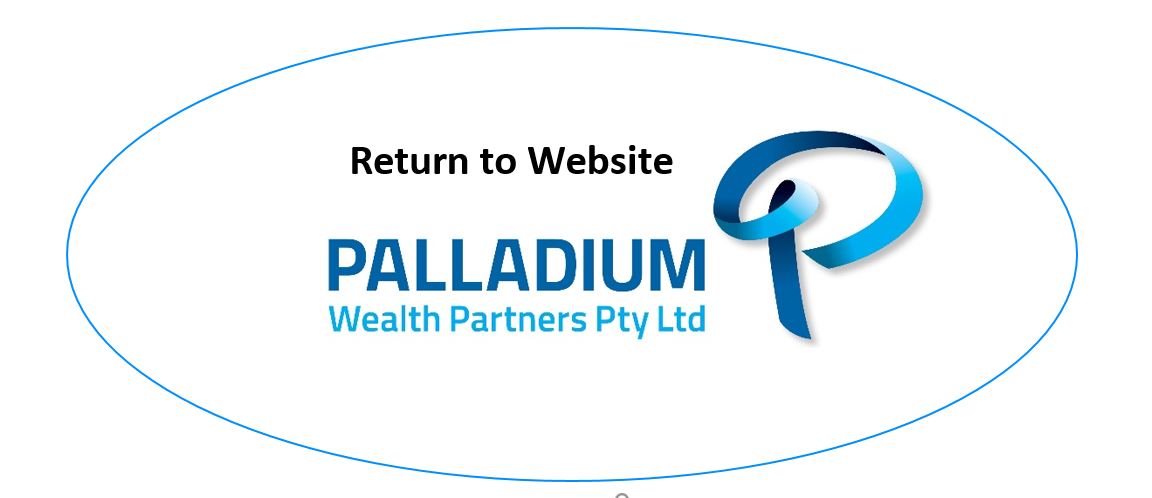The tax deduction not many people talk about
Written and accurate as at: Mar 13, 2024 Current Stats & Facts

The rejigged Stage 3 tax cuts have been the subject of much attention and analysis. The Albanese Government faced plenty of pressure to revise them in light of cost of living pressures, and the proposed changes hope to ease the burden many Australians are facing while still keeping inflation in check.
But there’s another way to potentially reduce your taxes, and it receives comparatively little attention.
By making voluntary contributions to your super, you can claim a tax deduction while also boosting your retirement savings.
While there are ways to invest your money outside of super, you’d be paying tax at your marginal tax rate, leaving less money to be reinvested.
Super tax structures are very favourable compared to personal tax rates
Right now, marginal tax rates range from 19% for people earning $18,201-$45,000 to 45% for people earning $180,001 and over. And that doesn’t include the Medicare Levy or the Medicare Levy Surcharge.
| Taxable income | Tax on this income | Marginal tax rate |
| $0–$18,200 | Nil | 0% |
| $18,201–$45,000 | 19c for each $1 over $18,200 | 19% |
| $45,001–$120,000 | $5,092 plus 32.5c for each $1 over $45,000 | 32.50% |
| $120,001–$180,000 | $29,467 plus 37c for each $1 over $120,000 | 37% |
| $180,001 and over | $51,667 plus 45c for each $1 over $180,000 | 45% |
By comparison, your super contributions are usually taxed at only 15%, and the same goes for any earnings your super generates during your working years. So if you can make contributions to your super above what your employer already pays, there’s a chance you’ll be rewarded by paying less tax.
Of course, to benefit from these tax savings, your super contributions will need to come from your pre-tax income. There are a few ways you can do this, including:
- Entering a salary sacrifice arrangement with your employer, so part of your take-home pay is directly deposited into your super instead
- Making after-tax contributions and submitting a Notice of Intent form to have them reclassified as concessional contribution.
Down the track, if you meet a condition of release and decide to transfer your super into an account-based pension, your money will remain invested and (hopefully) continue to generate returns. Any investment earnings generally won’t be subject to tax while in this phase, and neither will the pension payments you receive.
Claiming a tax deduction for personal super contributions
If you make a personal super contribution and want to claim a tax deduction on your next income tax return, you’ll need to submit a Notice of Intent to your super fund. The form can usually be found on your fund’s website.
Provided you meet all the eligibility requirements and can submit the form in time (before the earlier of lodging your tax return and 30 June of the following financial year in which you made the personal contributions), your super fund is required to deduct 15% tax from your contributions.
You’ll also need to remember to lodge the form before you move money out of your super fund, as you can’t claim a tax deduction on contributions that have left the account.
Super as a way to supercharge your savings
It can be hard to get excited about your super, especially if retirement is still a long way out. But as far as savings vehicles go, you’d be hard-pressed to find a more tax-friendly option.
And the longer you have to save, the more time you have to benefit from the power of compound interest. This is the interest calculated on your original balance plus the interest it has already earned.
Of course, if you’re making extra contributions, you’ll need to be mindful of the concessional contributions cap, which is the limit on the amount of before-tax income you can contribute to your super before extra tax is applied. And if the sum of your income and concessional contributions exceeds $250,000, you might also have to pay Division 293 Tax, which is an extra 15% tax on your pre-tax super contributions.1
You should also weigh the benefits of making extra contributions to your super against other options. For example, if you have a mortgage, any extra repayments you make (or funds you deposit in your offset account) have the potential to benefit you in the long run by reducing your overall interest costs.
If you’re wondering if topping up your super would be appropriate for someone in your circumstances, consider speaking to a financial adviser.
Sources
1 ATO











